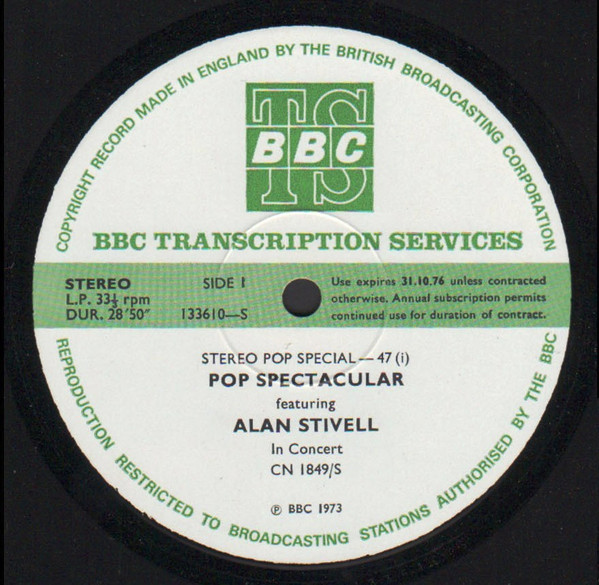Getting famous for popularizing the Celtic harp, it would be simplistic to make him just a harpist. This multi-instrumentalist of Breton descent was born January 6, 1944 in Riom, Auvergne, France.
While growing up in Paris, his father dreams on reintroducing the Celtic harp (Telenn in Breton) in its cradle: Brittany. But it has to be reinvented as the instrument is long time lost, nobody plays it anymore. also he doesn't have a clue on how to make it. During the 2nd World War, Jord met with a harp teacher named J-M Hamonic who gave him some ideas on how to transpose drawings into a concrete instrument. 1942 saw the making of the first preliminary tests, but it was only a decade later that a true harp could be created. Alan, then an early teen attracted with science-fiction novels, mights and magic starts to play with this new instrument built by his father, getting introduced to harp by his teacher . He starts to play in Paris and Brittany. Age 9 on the 28th of November 1953, he plays at the Maison de Bretagne in Paris on his father's first protype. In 1954, he integrates the Scout Movement, as well as the as a bombarde player. In 1955, he gets to perform as the opening act of at . He'll then seriously start on learning the Breton language, including mythology and history in order to reconnect with his roots. In 1959, he'll put on record the first ever Celtic harp song on label , followed with the infamous (then still under his birth name; ). In 1961, he'll become "penn-soner" (lead) of the . Together with his friend , he'll win several bombarde and biniou (Breton bagpipe) championships in Gourin, years 1966 1968 and 1969. Those years are constitutive of the the classical path followed by Stivell, but this modernist is already willing to find a new sound and will finally turn towards Rock music.
Thrilled with English Pop music and the US Folk wave, he gets to play with a brand new Celtic harp with metal strings (called bardic harp), again developed by his father. From 1966 onwards, he starts playing in Youth Clubs and various festival, such as the "Hootenannies" (some kind of jams sessions), organized by in the American Centre of Paris where he sings for the first time. The years 1966 1967 are decisive for his following career. He gets to air on France-Inter (one of France's main radio back then and today still), and soon sings on with . He'll then play several times at 's Pop-Club, and during this era, he'll change his scene name to Alan Stivell "a Breton name standing for origin
Name Vars
- A. Stivell
- A. Stivell Cochevelou
- Alan
- Alan Cochevellou-Stivell
- Alan Stivell Cochevelou
- Alan Stivell Et Sa Harpe Celtique
- Alan Stivell-Cochevelou
- Allan Stivell
- Stivell












